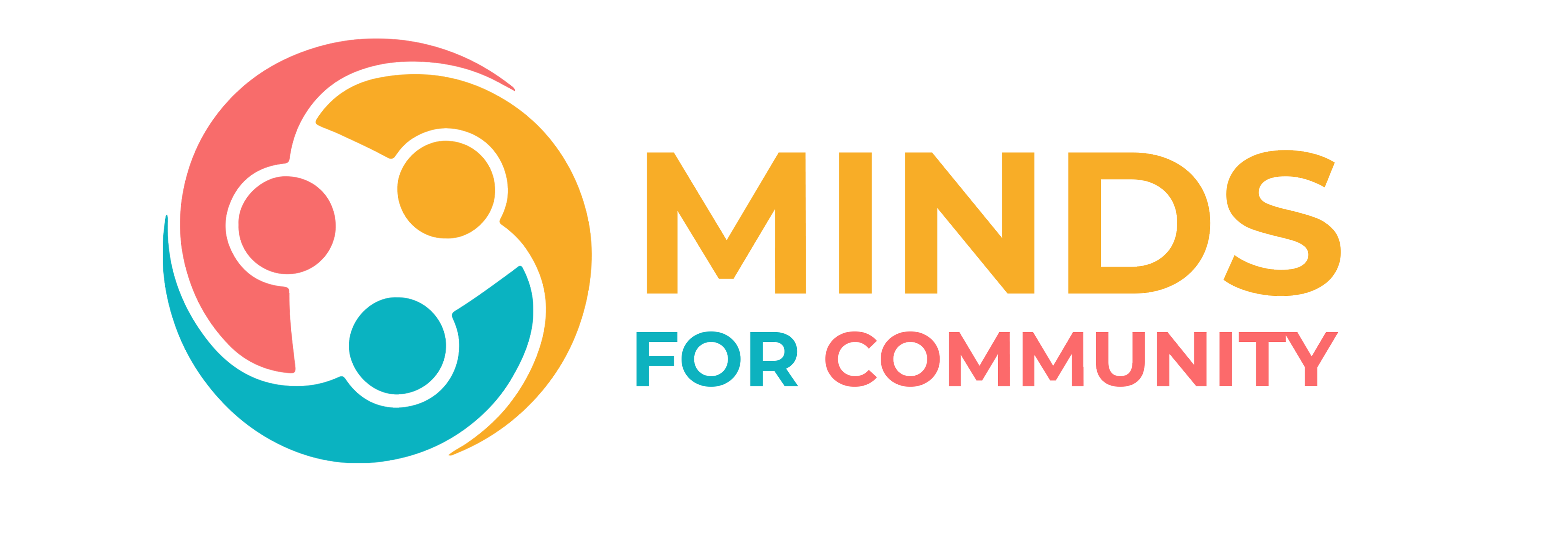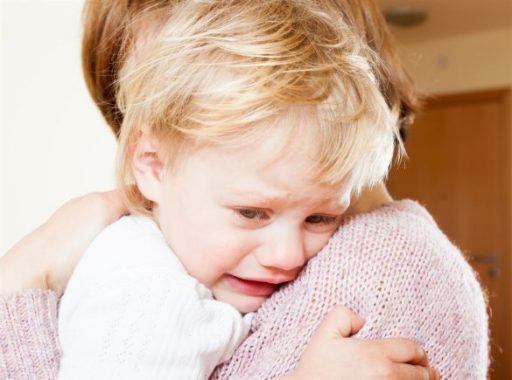A panic attack is an intense feeling of fear and anxiety. It often happens if people feel anxious about something happening in their life or have experienced something difficult or
Bullying: What is it and how to stop it
Watching your child experience the physical and emotional pain of bullying or cyberbullying is heartbreaking. Some parents are unsure where to begin to help protect their children from bullying and
Teens and risky behavior.. How to support your teen while helping them to stay safe
Teenagers’ interest in new experiences is natural and a key part of what helps them grow. By pushing boundaries, teens develop independence and become increasingly self-reliant. But sometimes teenagers can
How to teach your child to love reading
A love of reading opens the door to adventures, learning new things and a whole host of key language skills such as speech development and vocabulary building. Spending time with
7 myths about mental health
Dispelling myths about mental health can help break the stigma and create a culture that encourages people of any age to seek support when they need it. Here are seven
How to manage your child’s separation anxiety
Spending time away from your little one can be painful for both of you. But sometimes, saying goodbye can create feelings of worry and upset in your child. Here are
How to communicate effectively with your young child
Every interaction you have with your child is a form of communication. It’s not just about the words you say: The tone of your voice, the look in your eyes
How to help your teenager manage a meltdown
Being a teenager comes with a lot of big emotions – and they can sometimes be tough to handle. UNICEF spoke with expert adolescent psychologist, best-selling author, regular New York
Talking to your kids about racism.. how to start the important conversation and keep it going
It can be hard to talk to your children about racism. Some parents worry about exposing their children to issues like racism and discrimination at an early age. Others shy
How to recognize signs of distress in children
Children have different reactions to adverse events in their environment. Culture influences the ways in which we express emotions. In some cultures, for example, it is not appropriate to show













